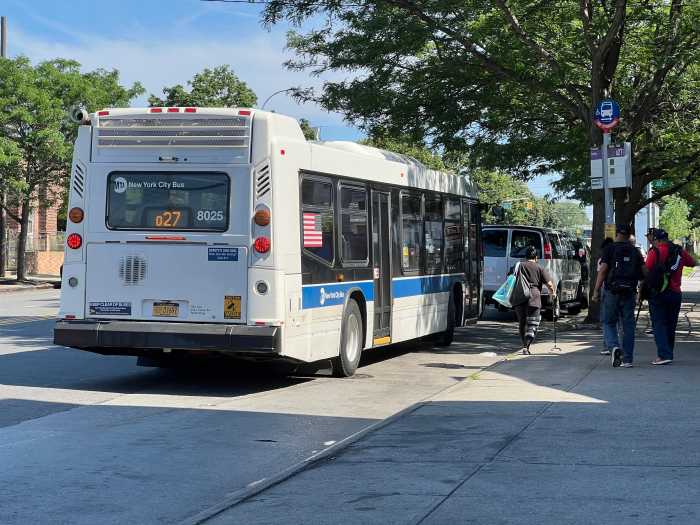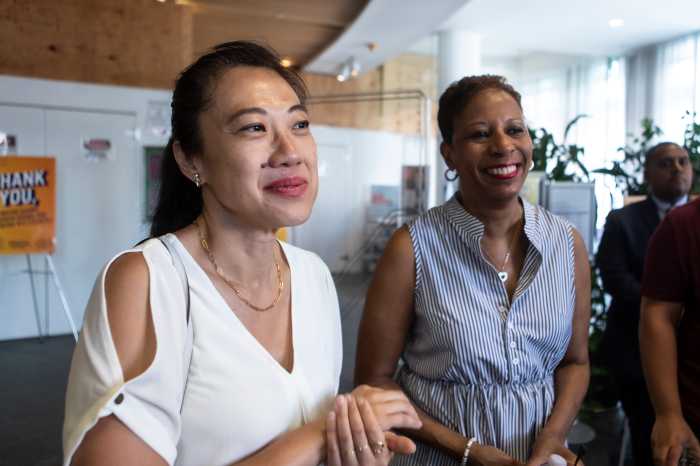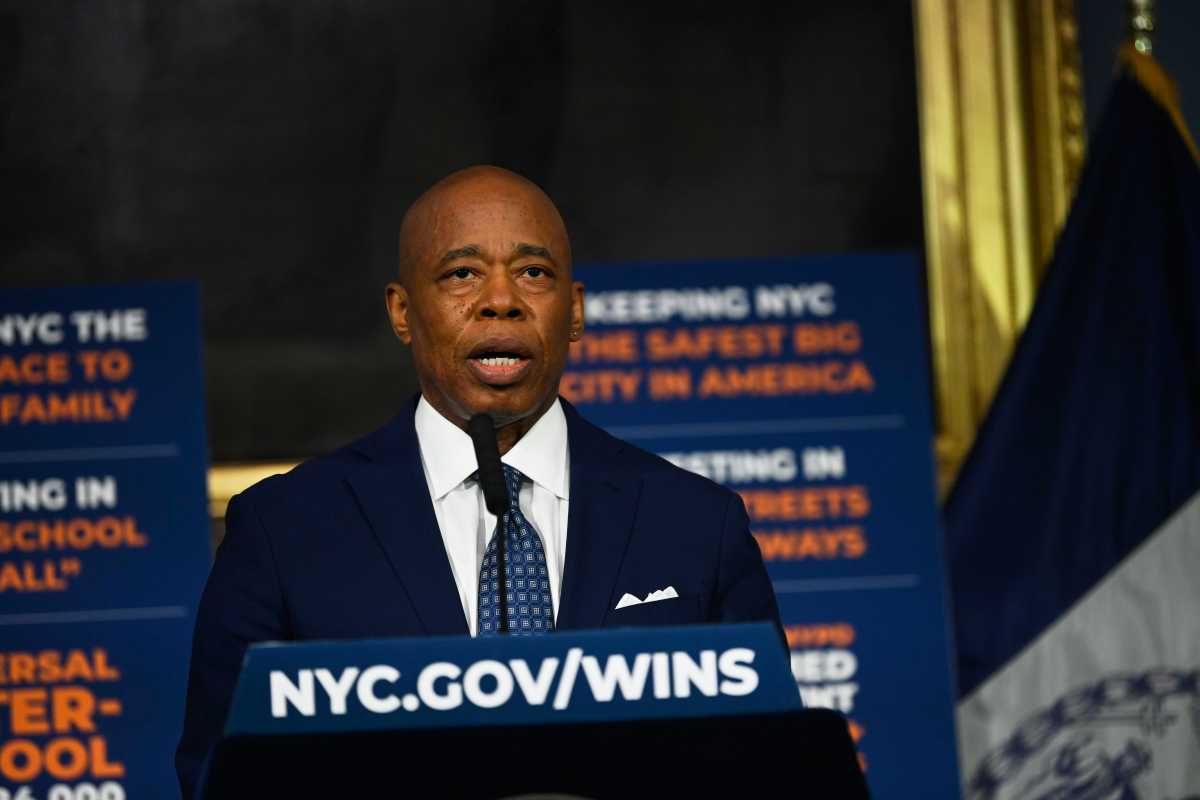By Tom Allon
The U.S. Supreme Court recently upheld the right of large donors to pour even more money into political campaigns. The opinion by the highest court equated the right to donate with the right to free speech.
Yes, our country does guarantee free speech as a fundamental right. But, some say, by not capping political contributions more, wealthy donors actually have more free speech than others.
If you ask elected leaders and those who have run for political office, perhaps the most difficult challenge in mounting a credible campaign is the ability to raise enough money to be taken seriously.
With a citizenry that largely ignores most political campaigns, it is crucial to be able to cost-effectively convey your message to the 10 percent to 20 percent of people who actually show up to vote. That can be costly, especially in a large and sprawling metropolis like New York City, but it is expensive in urban and rural areas as well.
In an ideal world, those who want to run for office would be required to get a minimum threshold of signatures or small donations that would qualify them for the same amount of broadcast television time and free mailings to voters. All candidates would then get the same starting point to disseminate their message and would be able to use the same medium to get their policy ideas and experience out to the public.
But, of course, we don’t live in an ideal world, and there is an ever proliferating way of reaching potential voters.
Interestingly, the Internet and social media will probably bring down the cost of campaigning significantly in the future and disrupt politics as they have disrupted many other industries in the past decade such as music, media and television.
In the near future, at least, we’ll still see lots of television commercials and find many direct mail pieces in our mailboxes, the standard way of running campaigns in the past.
The relatively new city campaign finance system, which has a 6-to-1 match of donations up to $175 if the candidate meets certain minimum thresholds, has leveled the playing field. The past mayoral election exhibited that with a number of candidates spending roughly the same amount, whoever’s message is most consistent and resonates with voters will win the day. Mayor Bill de Blasio had a clear, consistent message.
It is important for voters to understand how the campaign finance system works, because it means that small donors can have a much larger impact with the leverage of matching funds. It also means that candidates must try to get in front of a lot of people during the campaign and get lots of relatively small donations so they can eventually receive the maximum in matching funds.
The only glitch in this system is when a self-funded candidate opts out of campaign finance and spends his or her own money to run. This gives a decided advantage to wealthy candidates, but there are numerous examples in recent memory of wealthy candidates still losing in the election, including Tom Golisano and Carl Paladino in their New York gubernatorial races and Linda McMahon in Connecticut’s U.S. Senate race.
Now, there is a contentious battle in Albany to extend campaign finance laws to state elections. A lot of good government groups are not happy that a comprehensive reform was not included in the recently passed budget. In fact, there was a limited experiment attempted with the state comptroller’s race this year, subjecting it to a new campaign finance program.
But this will actually be even more watered down as an experiment because the current comptroller, Tom DiNapoli, has opted out of this program. DiNapoli, to his credit, claims it is too late in the process — the election is in six months — and that if he took part, he would have to refund almost $2 million to previous donors.
He believes strongly in campaign finance reform and has been its champion for a long time, but being made a guinea pig for a last-second experiment will make even the strongest reformer a bit squeamish. One could argue he has little to lose because no real challenger has emerged, but to start almost from scratch in fund-raising now would open the door for another Democrat to challenge him in a primary and allow a real Republican to challenge him in the general election.
Last time around, he faced a stiff fight in the general election, so he is right to be on guard.
So much for that experiment.
But it is important that good government groups continue to push for campaign finance laws in New York so we can make the playing field fairer and encourage more citizens to take a stab at running for office. That will be the true test of whether campaign finance reform will have the desired effect: bringing fresh faces and ideas to our political system.
Tom Allon, president of City & State NY, was a Republican and Liberal Party-backed mayoral candidate in 2013 before he left to return to the private sector. Reach him at tallon@cityandstateny.com.



































